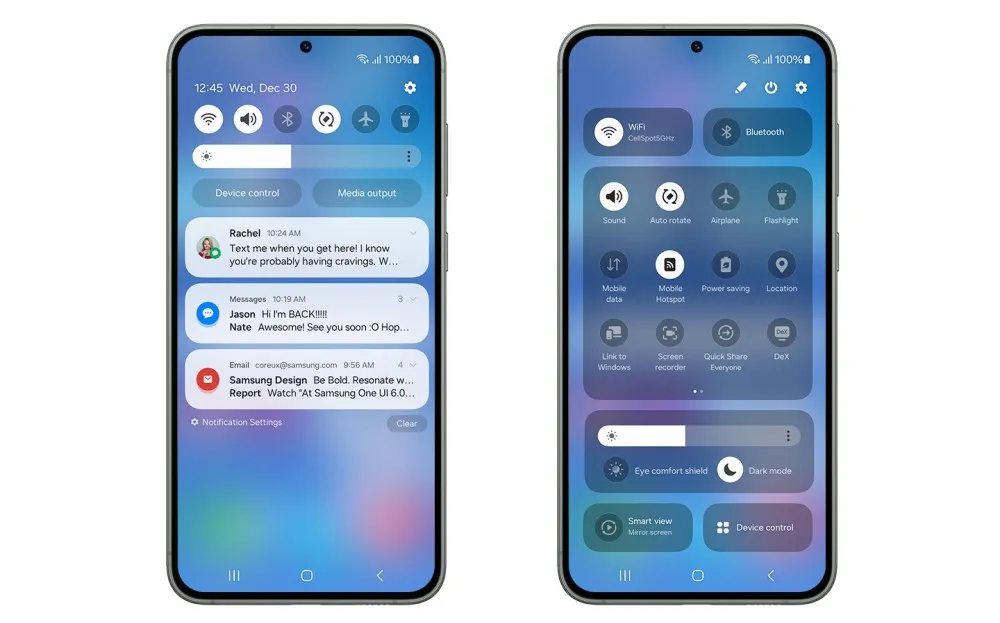On February 8, 2024, the Oregon State Legislature introduced a bill, SB 1596, that challenges the common practice of component encryption by manufacturers like Apple. This bill stands out from others in states like California by requiring companies to provide the needed documentation, tools, and parts for repairs. It also bans the encryption of components that limit third-party repairs and the use of non-original parts.
Credit: iFixit
Apple Clashes With New Right-to-Repair Legislation
Apple, a major supporter of component encryption, strongly opposes this bill. The company argues that encrypting components helps make repairs more convenient and keeps devices and personal data secure. John Perry, a senior member of Apple’s security design team, says that the legislation would force manufacturers to allow parts from unknown sources, risking device security.
Debate Over Consumer Rights and Device Security
During the legislative hearings, a notable moment came from a video testimony by cybersecurity expert Tarah Wheeler, who highlighted Apple’s firm stance on maintaining control over device repairs. This perspective aligns with Apple’s broader argument that the bill could dilute the security and integrity of device ecosystems by opening the door to third-party components and repair services not vetted by the original manufacturers.
Apple has also pointed to recent updates in its repair processes as evidence of its efforts to accommodate consumer needs for more accessible repair options. These updates have streamlined the process for replacing components, eliminating the need for customers to directly engage with Apple support for such activities.
The Balance Between Consumer Advocacy and Manufacturer Concerns
The debate centers around the balance between consumer rights to repair and the security and integrity of devices. Apple has historically utilized component encryption to prevent the use of unauthorized parts, citing security concerns. For instance, replacing a screen with a non-Apple part could lead to the disabling of features like Face ID. While replacing the battery can trigger a “Service” message and disable the battery health monitoring feature in the settings.
SB 1596 represents a pivotal moment in the ongoing discussion around right-to-repair legislation, highlighting the tension between consumer advocacy for more open repair ecosystems and manufacturers’ concerns over security and proprietary control. As the bill progresses through the legislative process, the tech industry and consumers alike will be watching closely to see how this balance is navigated.



